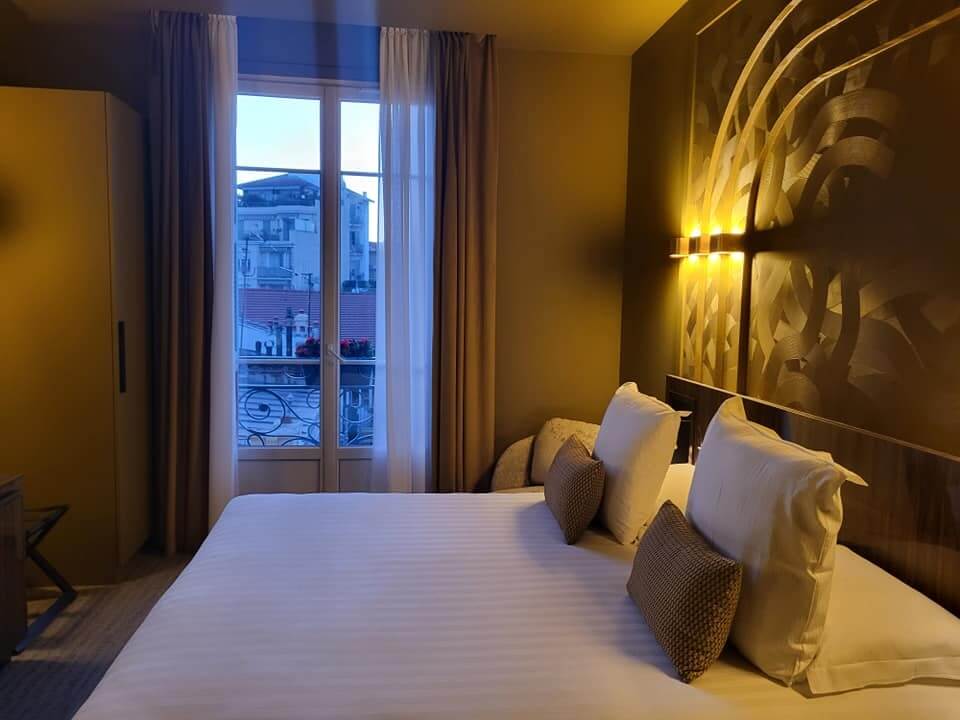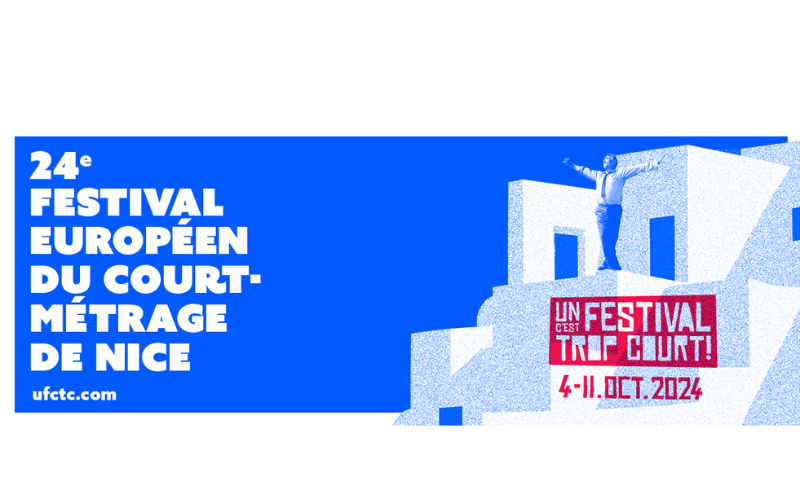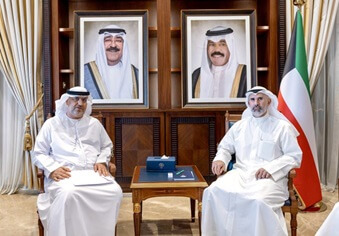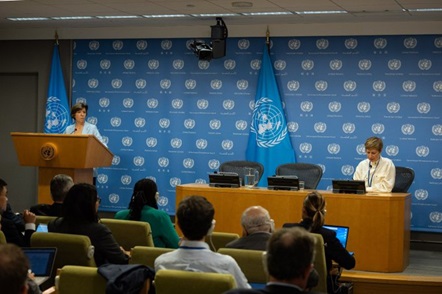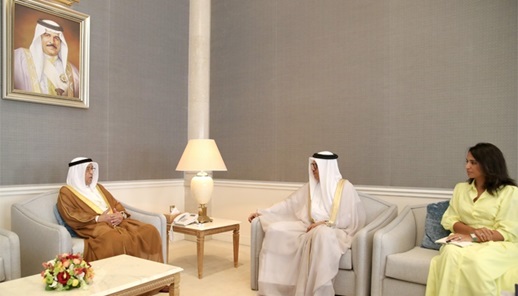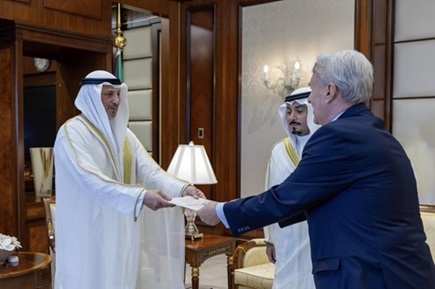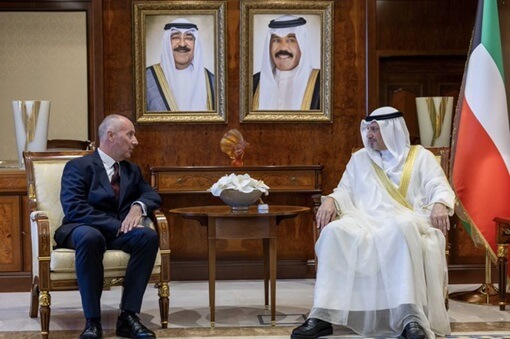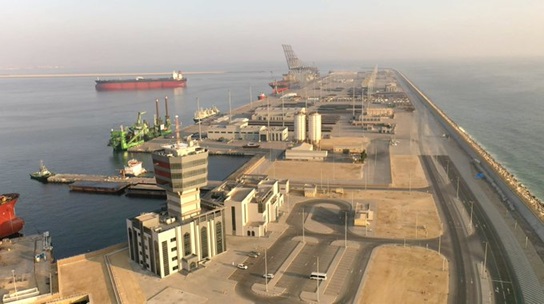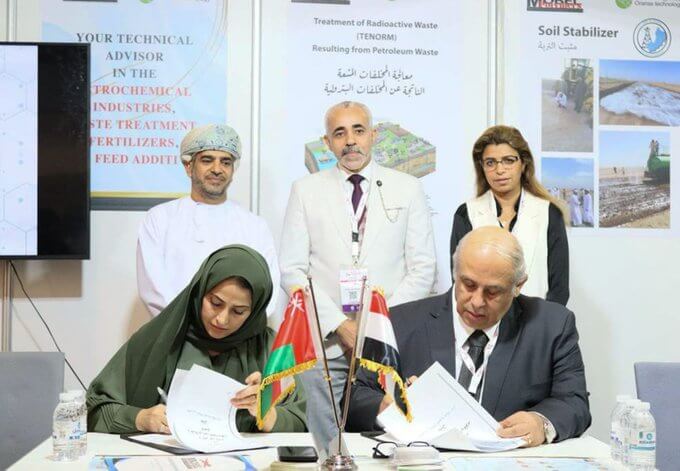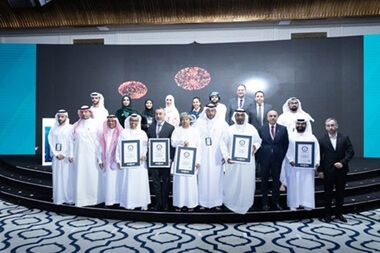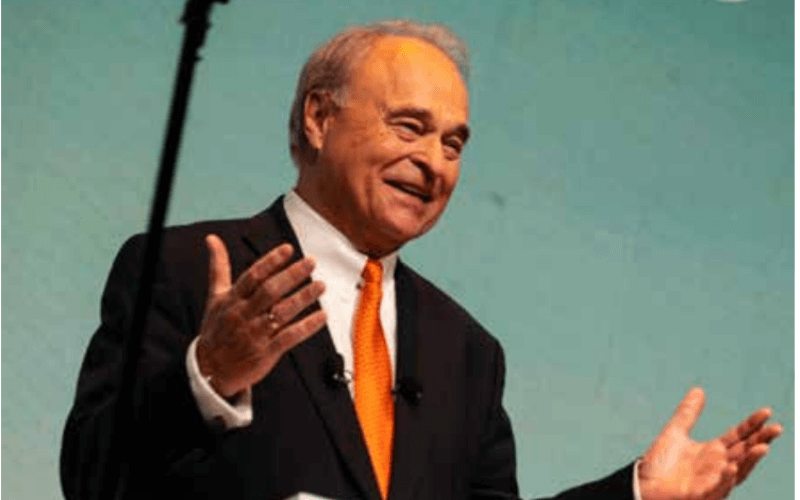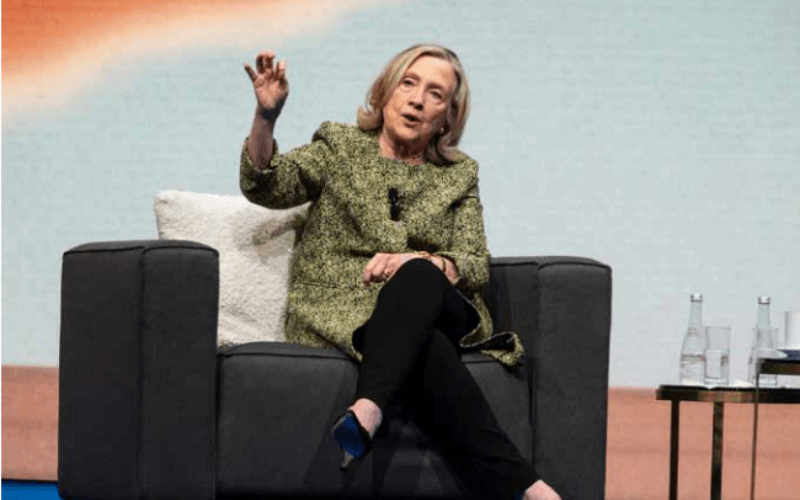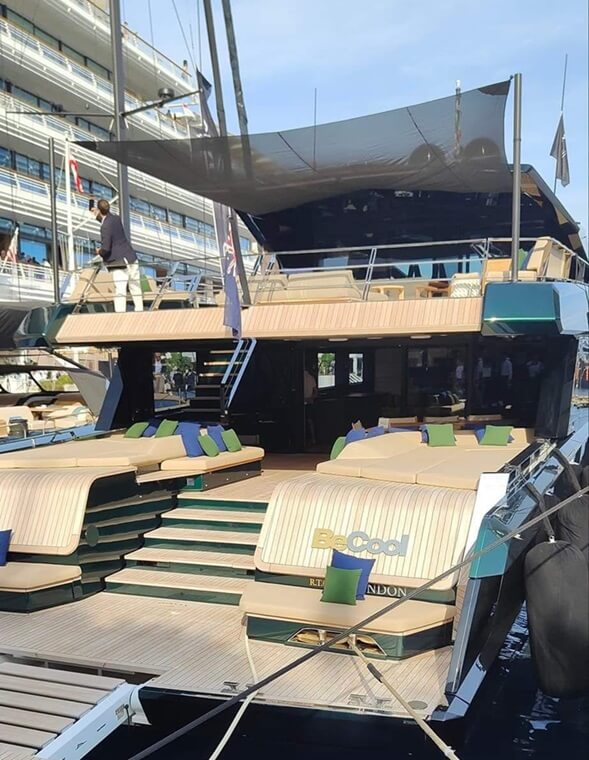Addressing Soaring Prices and Dwindling Transactions: The Kingdom’s Bold Move
In Saudi Arabia, the real estate market opens its doors to foreign investors. Amidst soaring housing prices and a decline in real estate transactions, the kingdom is finalizing a bill that will grant foreign nationals access to private property ownership, a privilege currently reserved for Saudis. Riyadh vs. Dubai
Economic Competition and Vision 2030: A Strategic Maneuver
This legislative project aligns with the growing context of economic competition among Gulf countries, underscored by Saudi Crown Prince Mohammad bin Salman’s Vision 2030 initiative. Riyadh aims to challenge Dubai’s position as the preferred city for foreign investors, while the United Arab Emirates (UAE) pioneered private property ownership in the region. In Dubai alone, the value of real estate owned by non-Emirati citizens reaches at least $146 billion, as reported by the EU Tax Observatory.
Unlocking Opportunities Amidst UAE’s Precedence: The Power of Ownership
In a similar vein, Saudi Arabia has announced its decision to cease entering contracts with foreign companies whose regional headquarters are not established within the kingdom, effective from January 1, 2024. The oil-rich monarchy has also established four special economic zones offering competitive tax rates for businesses, as well as exemption from customs duties on imports, production equipment, and raw materials. Similar measures were instituted in the UAE several decades ago. This represents a new facet of Saudi Arabia’s open-door strategy, as the nation diversifies its economy to prepare for the post-oil era.
Redefining Access and Regulation: Legislation and Economic Zones
In late March, Abdullah al-Hammad, the head of the General Authority for Real Estate, announced that a bill enabling non-Saudi nationals to access private property ownership, even in the holy cities of Mecca and Medina, was nearing completion. Foreign investors will be able to own residential, commercial, and agricultural real estate throughout the kingdom. Hotels and theme parks are also part of the package.
Navigating Challenges and Aspirations: Impact on Saudi Nationals
This marks a mini-revolution as land ownership has thus far been reserved for Saudis. Citizens of the Gulf Cooperation Council (GCC) countries have regulated access, while companies from non-GCC nations have limited access, subject to stringent regulations and only upon obtaining a license from the Ministry of Investment. Foreigners are also permitted property ownership within the kingdom’s four special economic zones (Riyadh, Jizan, Ras al-Khair, King Abdullah Economic City), subject to the regulations of these cities and the Authority of Special Zones. This bill’s announcement comes as real estate purchase demand has plummeted by half due to the market’s price surge resulting from a housing shortage in Saudi Arabia. According to a Knight Frank and YouGov survey, the percentage of Saudis interested in purchasing a home dropped from 84% to 40% in one year. House prices in the kingdom have risen by 45% over the last two years, while real estate transactions have fallen by 34% in Riyadh and 16% in Jeddah between 2021 and 2022. “With villa prices in Riyadh reaching over 5,000 riyals ($1,333) per square meter – the highest level in at least seven years – the dream of homeownership and the desire for a second residence are driving households to the sidelines,” remarks Faisal Durrani, Director of the Middle East section at Knight Frank, to Arabian Business. The goal of opening property ownership access to 70% of Saudis by the end of the decade seems to be postponed for now.
Expatriates as Catalysts: Filling the Housing Gap
Saudi Arabia is therefore partly banking on expatriates to fill this void, especially as the nation is undertaking trillion-dollar real estate projects and plans to build 1.3 million homes across its territory by 2030. The kingdom also intends to direct land investments towards megacities like NEOM, the Red Sea Project, and Qiddiya, which aims to become an international entertainment hub, including the establishment of a Six Flags amusement park. “With planned developments, especially the gigaprojects, we expect many of them to cost over a million dollars per unit,” estimates Faisal Durrani in Arabian Business. Lastly, Riyadh hopes to persuade Muslims worldwide to purchase property in Mecca and Medina, where foreigners are currently strictly prohibited from investing.
Saudi Arabia’s decision to open its real estate market to foreign investors marks a pivotal shift in its economic landscape, driven by the need to address housing challenges and to attract international investment. This strategic move not only reflects the nation’s commitment to diversification but also underscores its aspirations to become a global hub for business and investment, redefining its role in the region and beyond.





